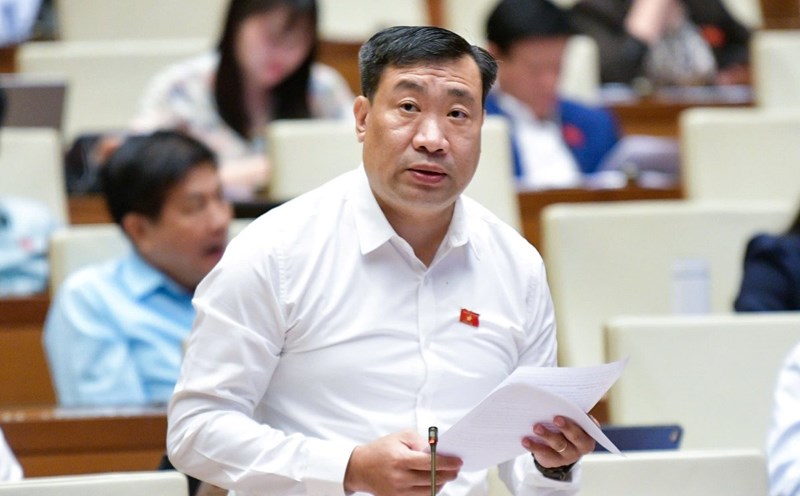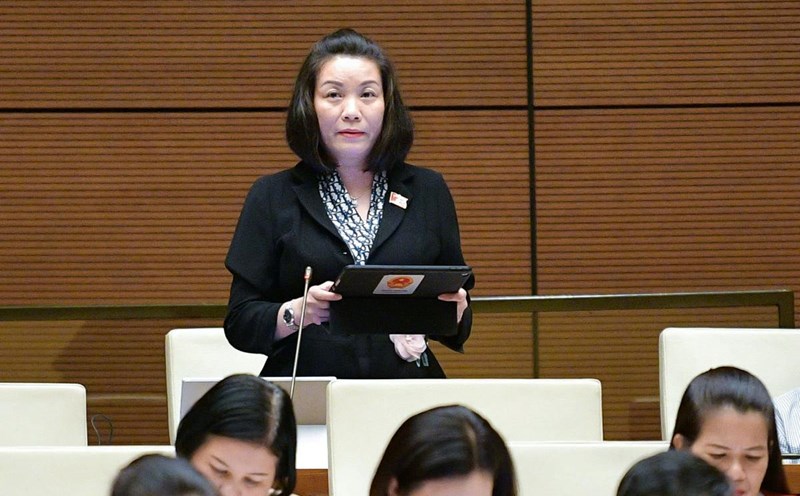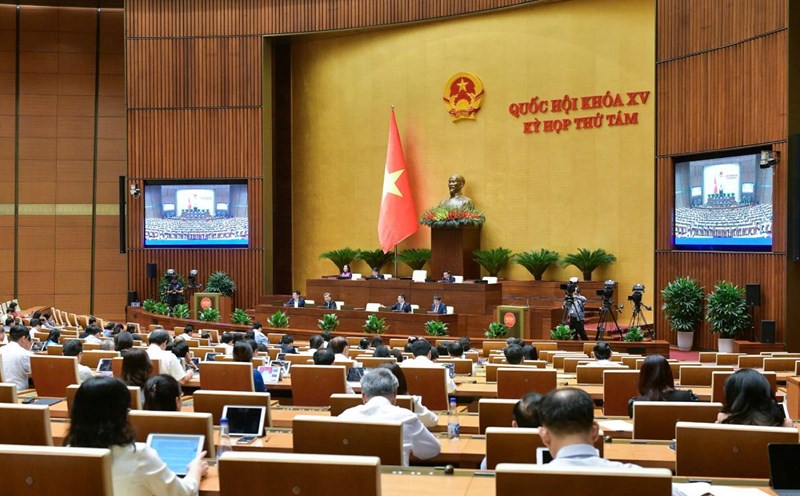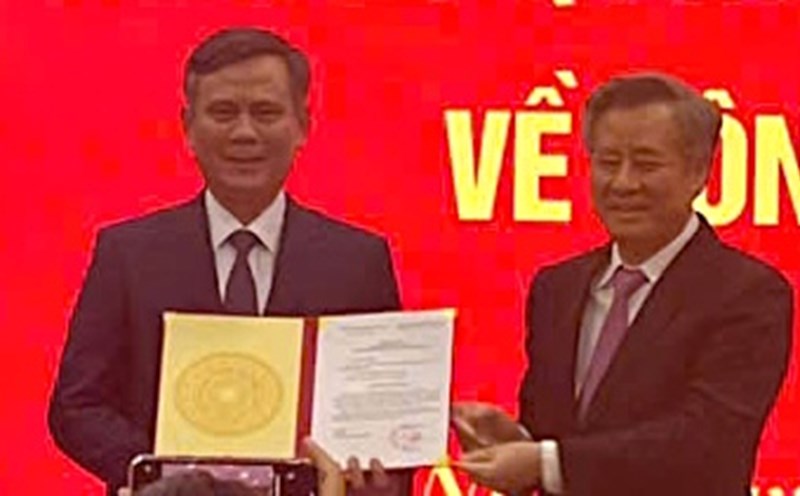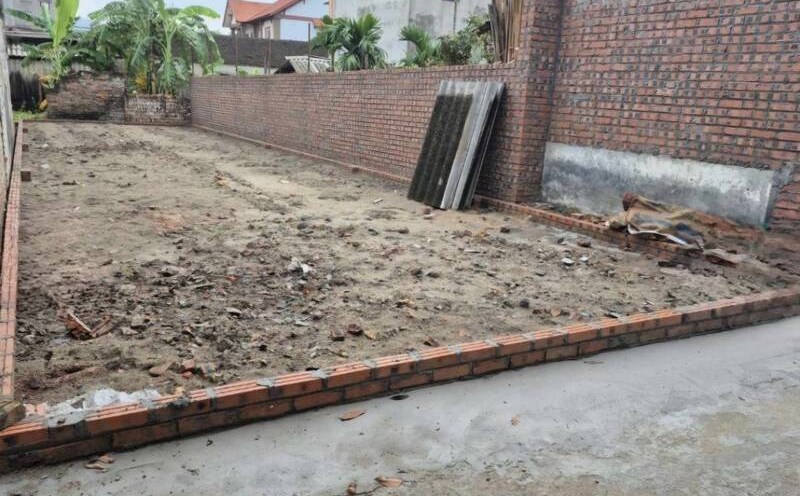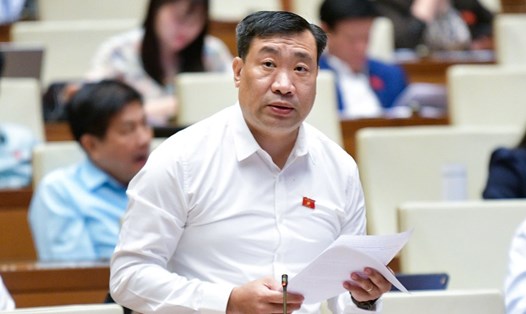Give press agencies autonomy over advertising space
On the afternoon of November 25, the National Assembly discussed the draft Law amending and supplementing a number of articles of the Law on Advertising.
Debate on advertising space in print newspapers, delegate Do Chi Nghia (Phu Yen) said that the delegates all expressed the view that expanding advertising space in print newspapers will help press agencies better implement the financial autonomy mechanism and better their operations.
However, according to the delegate, in reality, the difficulty that press agencies face today is not because of a lack of advertising space, but the most difficult thing is the lack of advertising.
Businesses and advertisers have many other advertising methods that are more effective than print. The market can fluctuate, so delegates support the method of giving press agencies autonomy over advertising space.
However, delegate Do Chi Nghia expressed concern that if this autonomy and self-determination of advertising space is given, it could lead to some press agencies with a stable number of readers, a stable circulation, or newspapers guaranteed by the state budget increasing advertising space in a very offensive way. Because newspapers and magazines are decided by the market and by readers.
Delegates said that newspapers and magazines should decide on advertising space in printed newspapers, except for special press agencies, press agencies using the state budget, press agencies that place orders, and newspapers that are guaranteed to consume products.
There are many ways to regulate this issue, however, the Government should provide detailed regulations, that is, for special press agencies and newspapers funded by the state budget, the Government should provide detailed regulations. The rest should be regulated openly, "because it is too much to manage", so it will be open, effective and appropriate.
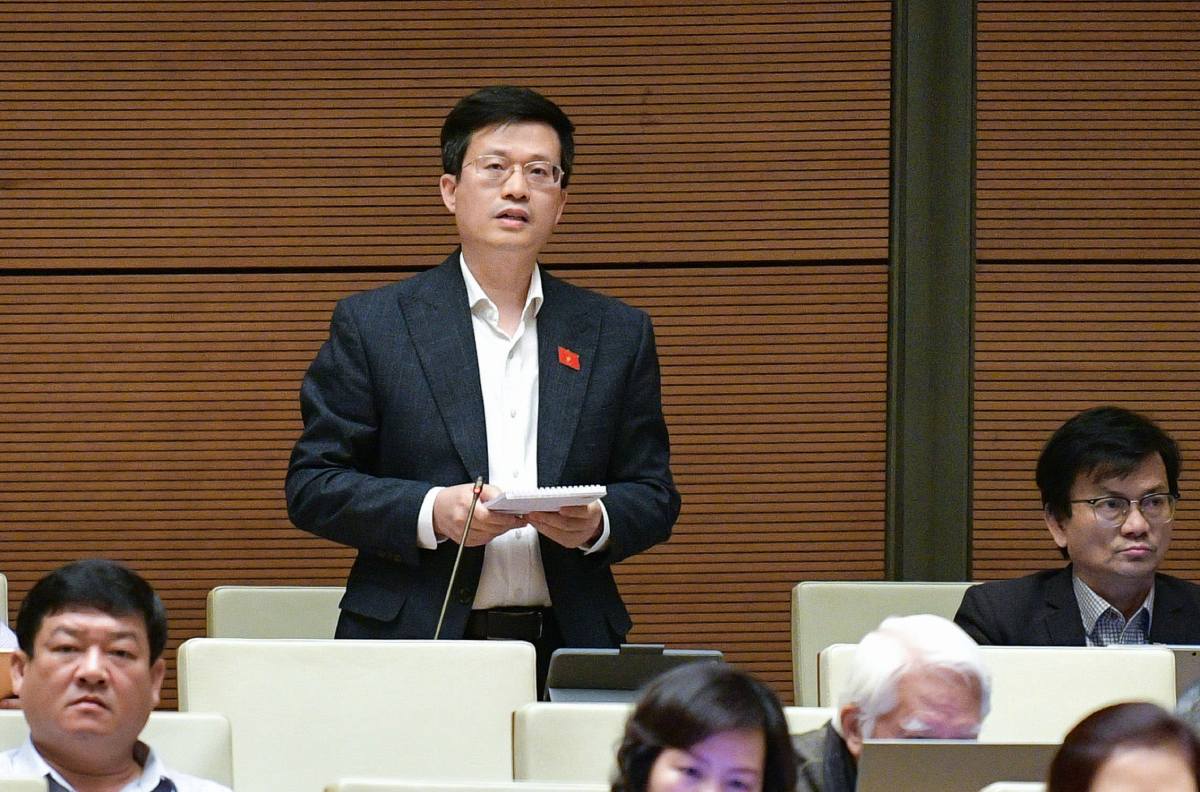
Head of the Propaganda Department of An Giang Provincial Party Committee Tran Thi Thanh Huong emphasized that increasing the area and advertising time for the press is one of the important and necessary factors, partly helping press agencies increase revenue, solve difficulties, especially in financial autonomy.
“But I think the most important issue to increase competitiveness is still innovation, improving program quality and increasing the quality of advertising content, not just increasing advertising area and duration too much, which can easily affect the tastes and interests of readers and viewers.
"The drafting agency is requested to continue researching and carefully assessing the impact, so that the regulation on increasing advertising area and duration has a truly appropriate and more convincing ratio" - the delegate suggested.
Not interested in the rights of viewers
Regarding the issue of advertising time on television, delegate Hoang Thi Thanh Thuy (Tay Ninh delegation) said that according to current regulations, each film program can have no more than two commercial breaks, each time no more than 5 minutes. This leads to a reduction in the length of each episode, making "films too short, commercials too long".
Article 22 of the draft revised law stipulates that each entertainment program may not be interrupted more than 4 times, each interruption not exceeding 5 minutes. Feature film programs under 30 minutes may be interrupted twice. For every additional 15 minutes, an additional interruption may be made. Each interruption shall not exceed 5 minutes.
"Therefore, if each 60-minute episode has up to 15 minutes of advertising, it will take up 1/4 of the program's duration," the delegate said, adding that such a regulation does not take into account the interests of television viewers.
Delegates analyzed that if the advertisement is on print and electronic newspapers, viewers can ignore it, but with television, there is no way.
To balance the benefits, this regulation needs to be considered. Delegates recommend that the advertising duration on television dramas should not exceed 1/5 of the program's duration and should not be interrupted more than twice.

